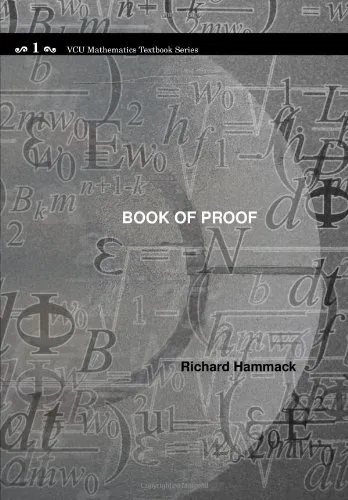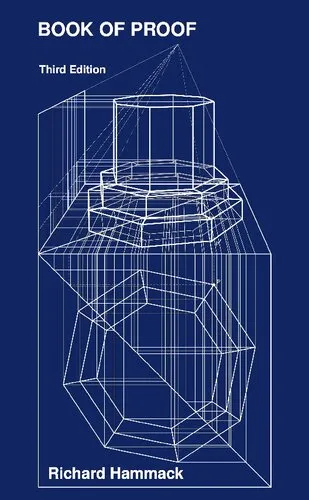Realism and the Aim of Science: From the Postscript to The Logic of Scientific Discovery
4.5
Reviews from our users

You Can Ask your questions from this book's AI after Login
Each download or ask from book AI costs 2 points. To earn more free points, please visit the Points Guide Page and complete some valuable actions.Related Refrences:
Introduction to 'Realism and the Aim of Science'
Welcome to an exploration of the groundbreaking work, "Realism and the Aim of Science," a vital contribution to the philosophy of science by Karl Popper. As part of the acclaimed Postscript to "The Logic of Scientific Discovery," this book delves into the themes of scientific realism and the methodology of science, providing critical insights into the nature and practice of scientific inquiry.
Detailed Summary of the Book
"Realism and the Aim of Science" focuses on the central philosophical issues concerning the aim and practice of scientific investigation. Karl Popper, a formidable figure in 20th-century philosophy, argues in favor of scientific realism, which posits that scientific theories aim to describe, explain, and predict aspects of the physical world. Unlike instrumentalism, realism maintains that scientific theories can inform us about unobservable phenomena, aligning more closely with the practical and theoretical pursuits in the scientific domain.
The book also elaborates on Popper's well-known criterion of falsifiability, emphasizing its significance in distinguishing scientific theories from non-scientific ones. Popper highlights that scientific inquiry should aim at bold conjectures and attempts to refute them. According to Popper, science progresses through conjectures and refutations rather than seeking ultimate verification.
Another cornerstone of this book is Popper's rejection of the inductive method, where he argues that scientific knowledge advances through deductive testing rather than inductive accumulation of observations. He critiques the limitations of induction and points out the potential for observational data to be guided by preconceived theories.
Key Takeaways
- Scientific Realism: Popper asserts that scientific theories aim to describe both observable and unobservable aspects of the world.
- Falsifiability: A scientific theory should be structured so that it can be refuted by empirical data if it is false.
- Conjectures and Refutations: Progress in science results from bold proposals being subjected to rigorous testing and criticism.
- Critique of Induction: Popper challenges the traditional inductive approach, favoring deduction and critical scrutiny.
Famous Quotes from the Book
"Science is perhaps the only human activity in which errors are systematically criticized and fairly often, in time, corrected."
"Theories are nets cast to catch what we call 'the world': to rationalize, to explain, and to master it. We endeavour to make the mesh ever finer and finer."
Why This Book Matters
"Realism and the Aim of Science" stands as a crucial text in understanding the philosophy underpinning scientific endeavors. Karl Popper revolutionizes the perception of science not merely as an accumulation of knowledge but as a dynamic process of critical inquiry and correction. This work encourages scientists, philosophers, and inquisitive thinkers to adopt a mindset of skepticism and continuous questioning, paving the way for genuine progress in knowledge.
The book is instrumental for those seeking to comprehend the philosophical debates surrounding the methods of the scientific study, and remains relevant to contemporary discussions in the philosophy of science and epistemology. The emphasis on falsifiability and critical discussion challenges researchers to uphold rigorous standards, making it a timeless guide for understanding and conducting scientific research.
Free Direct Download
You Can Download this book after Login
Accessing books through legal platforms and public libraries not only supports the rights of authors and publishers but also contributes to the sustainability of reading culture. Before downloading, please take a moment to consider these options.
Find this book on other platforms:
WorldCat helps you find books in libraries worldwide.
See ratings, reviews, and discussions on Goodreads.
Find and buy rare or used books on AbeBooks.
1516
بازدید4.5
امتیاز0
نظر98%
رضایتReviews:
4.5
Based on 0 users review
Questions & Answers
Ask questions about this book or help others by answering
No questions yet. Be the first to ask!
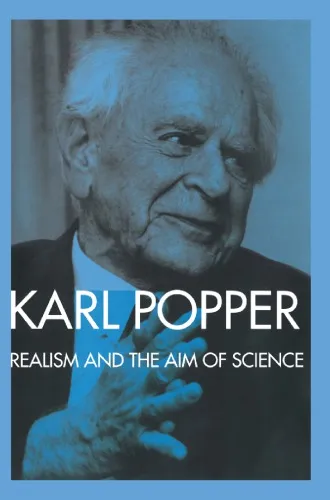
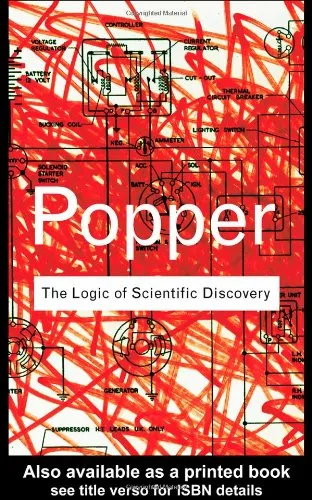
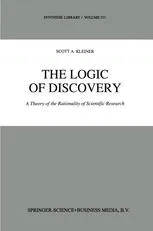
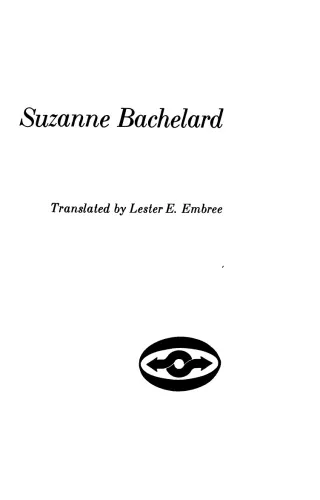
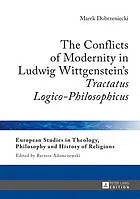
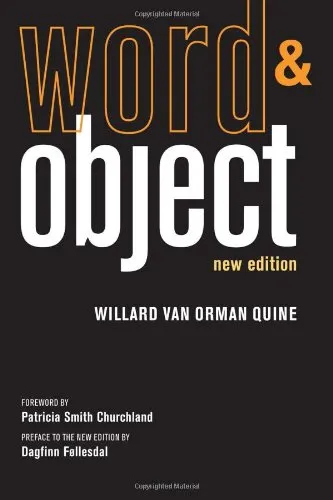


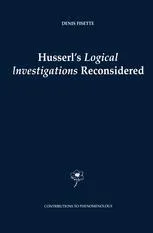
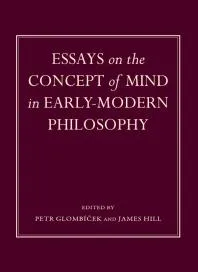
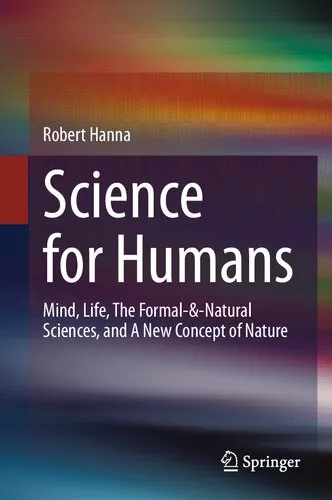
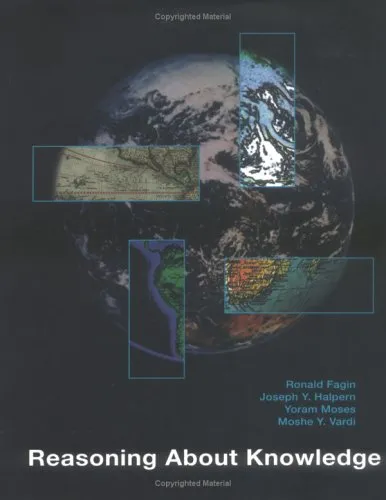
![Modalities for Reasoning about Knowledge and Quantities [PhD Thesis]](https://s3.refhub.ir/images/thumb/Modalities_for_Reasoning_about_Knowledge_and__16051.webp)
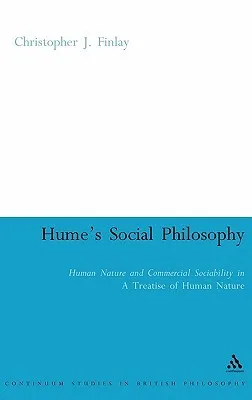
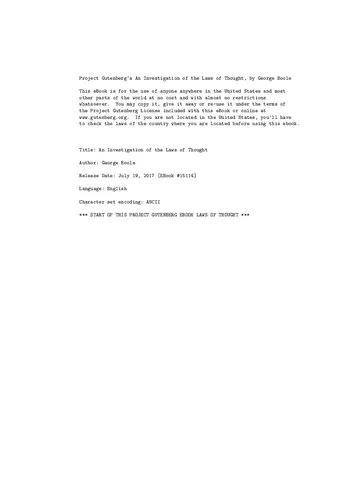
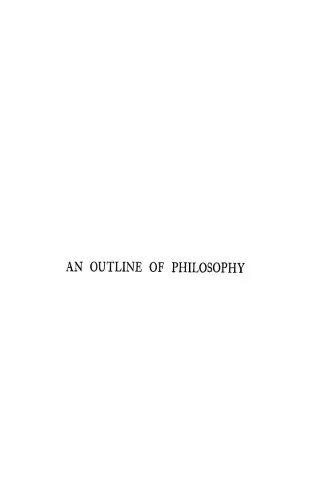
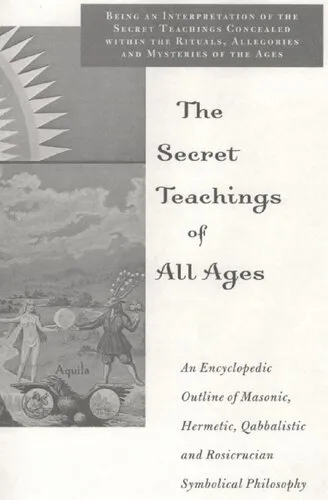
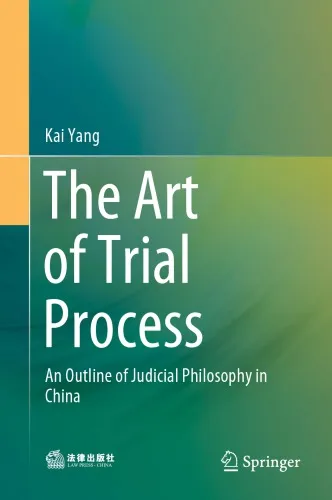



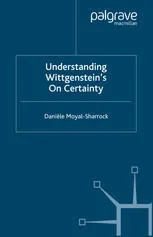
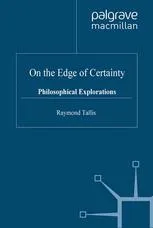

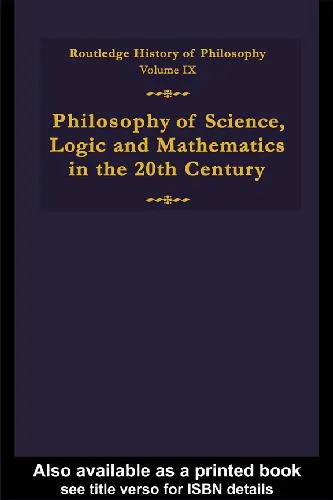
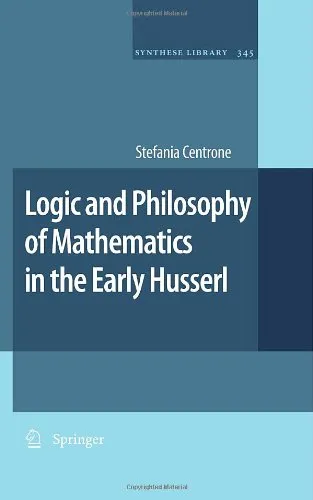
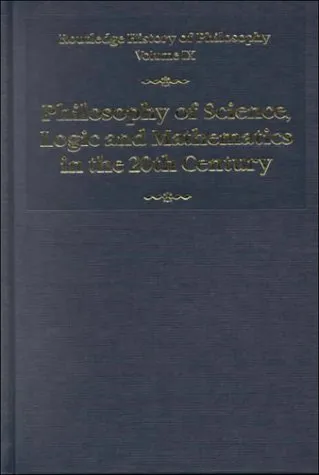

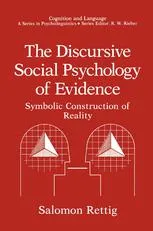
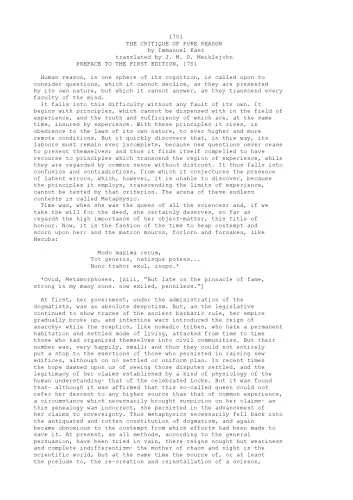
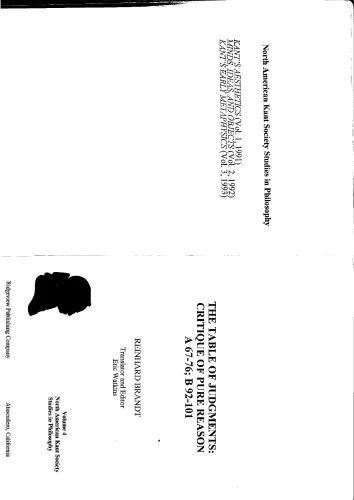
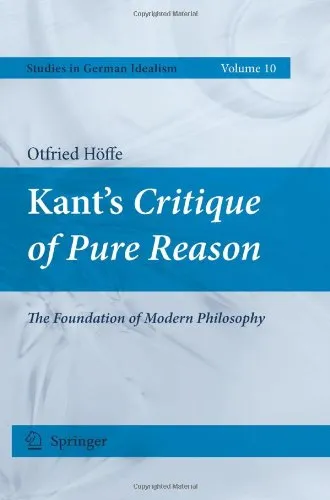
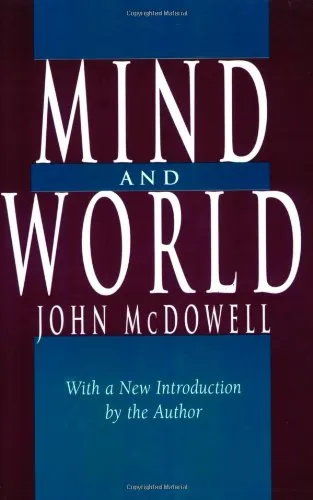

![How to Prove It: A Structured Approach, Third Edition [3rd Ed] (Instructor's Solution Manual, Solutions)](https://s3.refhub.ir/images/thumb/How_to_Prove_It__A_Structured_Approach__Third_35831.webp)
